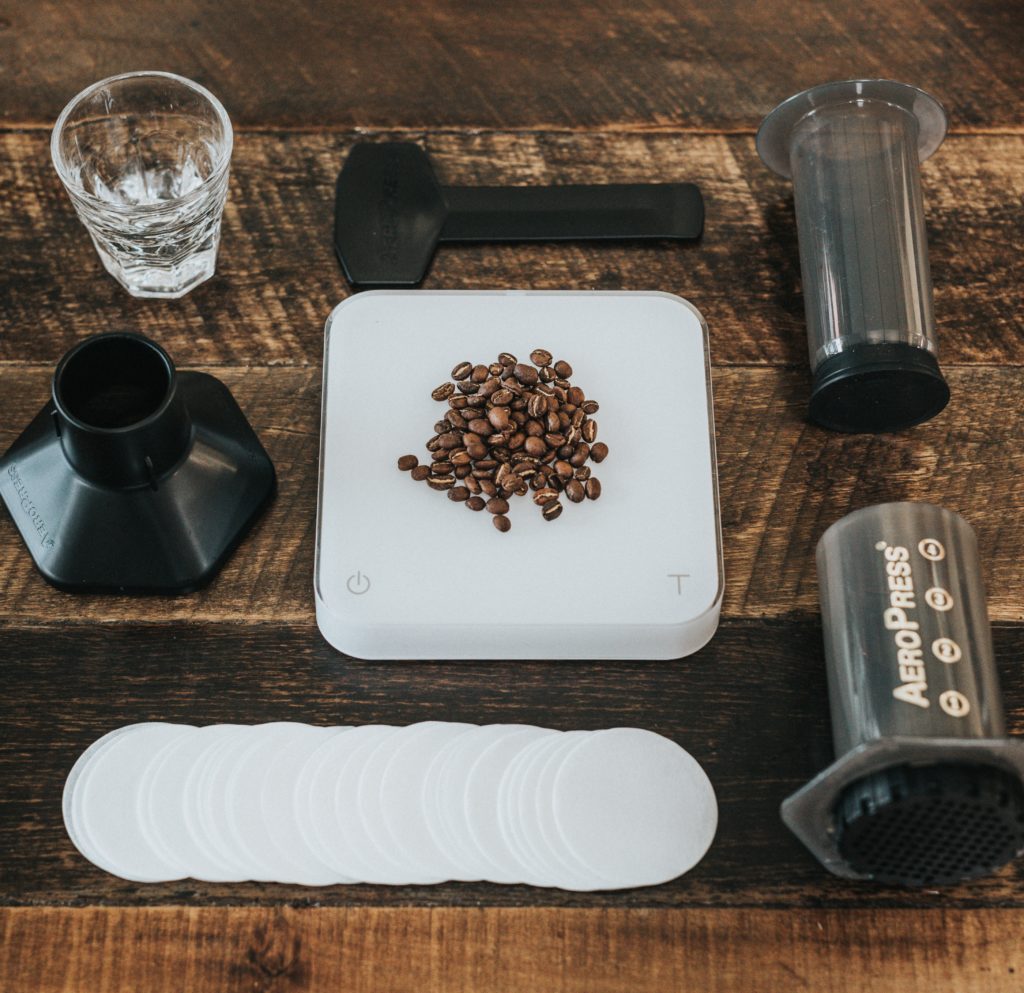When travel is your way of life and not limited to a few weeks of vacation time each year, you tend to do things a little differently.
You stay in each place longer, you live in each city much like a local would, and you keep a close eye on your daily budget so you can stay on the road for as long as you want.
Digital nomads can save money on their travels in a number of ways that extend well beyond the typical advice for traveling on a budget.
I curated this list of unexpected money-saving hacks for digital nomads to help you stay on the road longer while still enjoying each and every new city you call home.
Ready to become a digital nomad? Learn what it takes to prepare financially. 
Have your own money-saving hacks to share? Be sure to leave them in the comments!
Genius Money-Saving Hacks for Digital Nomads
10 Genius Money-Saving Hacks for #DigitalNomads Click To Tweet#1: Budget for Every City
“Create a daily and monthly budget based on where you’re living. This is an easy way to see how much you need to spend each month to live as compared to how much you’re actually spending. It’s tempting to go out often when you’re in a new destination, but you’ll end up spending more than you realize.”
Marissa Pedersen, Postcards to Seattle
#2: Bring Your Own Coffee
“Have your coffee and tea at home. I invested in an Aeropress and I tote that along with me when I travel to reduce the amount of money I spend on coffee out and about. I also buy a box of tea when I arrive in a location and use that when I have exceeded my coffee intake for the day.
Depending on where I’m at, this can be about a $10/day savings!”
Megan Starr, MeganStarr.com
#3: Stick to the Local Brews & Spirits
“Let’s be real–most digital nomads enjoy socializing over a drink or two whether at the hostel or a local bar. And because our blog focuses on alcohol around the world, we spend a good amount of money in restaurants and bars. Since we can’t completely cut out the booze, we try to be smart with our drinking decisions.
We have found that drinking the locally produced alcohol is often much cheaper than opting for brands we drank back home. Locally produced beers are often a fraction of the price of imports. Also, as much as we love them, ordering cocktails can often completely screw up your budget.
For example, in many cities in Colombia, a Cuba Libre or Mojito may cost you between 16,000 to 24,000 Colombian pesos ($5.35 to $8.03). Instead, opt for a trago of Ron Medellin (rum) or Aguardiente (local spirit) which may cost you between 3,000 to 8,000 Colombian pesos ($1.00 to $2.68).
And if you don’t like your spirits straight up, order a bottle of cola, sparkling water, or juice for an extra 2,000 to 5,000 pesos ($0.69 to $1.67) and try to stretch it for a couple of tragos! You’ll save money AND experience the local flavors. Win-win!”
Jason Brissette, Intoxicating World
#4: Save on Accommodation by Housesitting
“Try housesitting! Why pay for accommodation when you can live rent free in amazing homes and take care of cuddly animals? House sitting around the world has been a great way for us to save money!”
Amy & Nathan, Two Drifters
Join Trusted Housesitters and land your first housesitting gig today!
#5: Choose Your Workspace Carefully
Coworking spaces are becoming more and more prevalent around the world, and can actually be a great way to save money if you’re the type of person who feels guilty sitting in a cafe without buying anything.
It’s not uncommon for a coworking space to charge $10 for a single day pass, but if you’re going to spend $15 on food when you sit in a cafe for 8 hours, the coworking space is still the better deal (and you’ll get coffee for free).
Plus, the longer you stay in a city, the cheaper your coworking membership will be, as prices tend to go down the more days you pay for upfront.
For example, At Impact Hub San Jose, one of the many coworking spaces in Central America, you can get unlimited access for just $150 per month (including all the coffee you want). Even if you only work 20 days in a month, that’s just $7.50 per day.
Of course, if you’re easily distracted like me, working from home is the best (and least expensive) option. Just make sure the place you’re renting has WiFi fast enough for your business needs.
#6: Skip the Western Amenities
“Live like a local. I’m location independent so I stay in one place for extended periods of time and have been in Costa Rica for several months now.
I actually live in one of the most expensive parts of Costa Rica (which is one of the most expensive countries in Central America in general) but my costs are still lower than when I lived in rural Pennsylvania. Why? I chose to live the lifestyle of the locals instead of the expats in their fancy gated communities.
I have a one bedroom house two blocks from the beach that I pay $350 for because I passed on having AC and other amenities, and I keep my grocery bill down by eating at home and by eating local foods, including lots of rice and beans.
By getting myself out of a vacation mindset and being realistic about what I can splurge on, I’m able to save tons of money that allow me to live happily on the beach while I build my business.”
Sky Fisher, Sky vs World
#7: Take Advantage of Your Flexible Schedule
“I love using Skyscanner and checking for the cheapest flight to “Everywhere”. You can find some great deals that you wouldn’t have found otherwise. This function is also perfect for making long-haul flights cheaper.
For example, when I checked flight prices from Beijing to Dublin, the tickets were $700 USD ONE WAY. However, I found a $300-something dollar ticket from Beijing to Barcelona, and then a cheap flight from Barcelona to Dublin for just $50 USD.
Never underestimate the power of Skyscanner!”
Richelle Gamlam, Adventures Around Asia
#8: Lay Off the Plastic
“Always carry a reusable water bottle. Save money on drinks and help save the planet from drowning in plastic.”
Suzy C., Fifty-Anything
Most major cities around the world have tap water that is perfectly safe to drink. If you plan to travel in remote areas where water might not be okay to drink straight from the tap, consider investing in a bottle with a built-in water filtration system.
#9: Participate in Work Exchanges
“I recommend becoming an au pair, volunteering through Workaway or WWOOF, or becoming a house sitter to save money while traveling. I’ve lived in Europe and South America, either for free or SUPER cheap, while being a full-time blogger.”
Alexis Schroeder, FITnancials
#10: Network Before You Go
My final unexpected tip for saving money as a digital nomad? Make use of Facebook!
Facebook groups are a great place to find cheap long-term rentals by connecting with expats and nomads who are already living in your destination city. They have the intel on what locals are paying and they often can point you in the direction of local rental sites or even put you in contact with people directly.
Many popular digital nomad destinations have their own dedicated Facebook groups–see a comprehensive list here.
You can also connect with other digital nomads through Facebook groups and see if anyone is traveling to the same place as you. You may be able to save money by sharing an apartment rental, and at the very least, you’ll wind up making a few new friends in the process.
What are your favorite money-saving hacks as a digital nomad? Let’s discuss in the comments!



